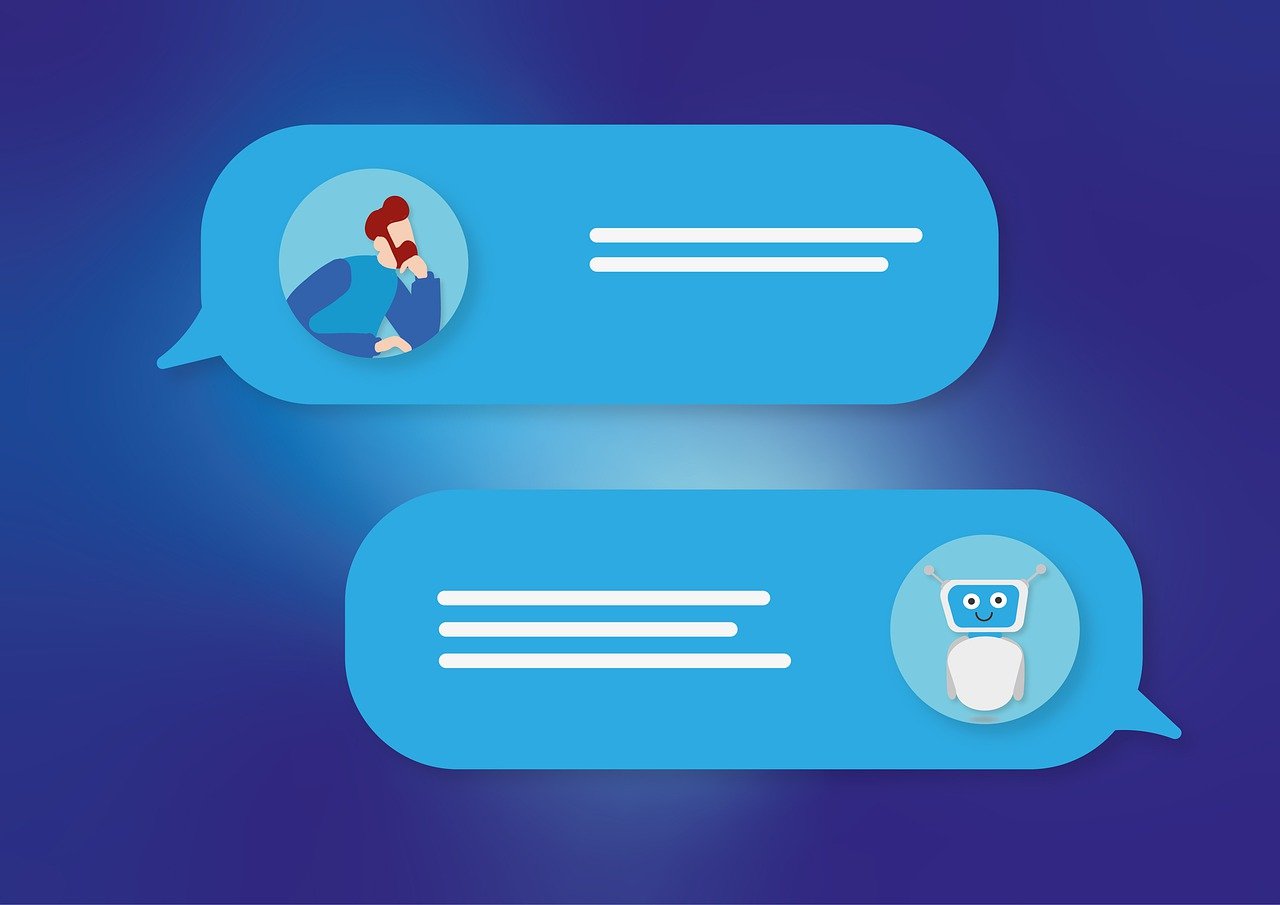
In today's fast-paced digital world, customer expectations are higher than ever. They demand quick, efficient, and convenient support. This is where live chat support comes into play. But what exactly is live chat support, and why is it becoming a cornerstone of modern customer service?
Imagine being able to resolve customer queries in real-time without the lengthy wait times of traditional methods. That's the magic of live chat support.
In this article, we'll delve into the definition of live chat support, explore its myriad benefits, and share best practices to help you implement it effectively.
Whether you're looking to enhance customer satisfaction or streamline your support operations, live chat support offers a dynamic solution. Ready to transform your customer service experience? Let's dive in!

Definition of Live Chat Support
What is Live Chat Support?
Live chat support is a real-time communication tool that allows customers to interact with support agents directly through a chat interface embedded on a website. Unlike traditional methods such as email or phone calls, live chat facilitates instant back-and-forth conversation, making it a highly efficient way to address customer queries and concerns. This immediate interaction not only enhances customer satisfaction but also contributes to faster issue resolution.
Uses of Live Chat Support
Live chat support isn't limited to just resolving customer issues. It has a broader scope that includes sales and marketing interactions.
For instance, potential customers can engage with sales representatives to get instant answers to their questions, making it easier to convert leads into sales. Additionally, live chat can be integrated with other tools like knowledge bases and shared inboxes, providing a seamless experience for both customers and support agents.
This integration allows for a more holistic approach to customer service, where agents have access to all relevant information in one place, ensuring a more personalized and efficient service.
So, why is live chat support becoming an indispensable tool for businesses? What makes it so versatile and effective? Let's explore its benefits in the next section.

Benefits of Live Chat Support
Live chat support offers a multitude of advantages that can significantly enhance your customer service experience. But what are these benefits, and how can they impact your business? Let's explore.
Accessibility
One of the foremost benefits of live chat is its accessibility. By simply clicking a button or link on your website, customers can instantly connect with a support agent. This ease of access reduces the effort customers need to exert to get help, which in turn builds loyalty and satisfaction.
Unlike traditional methods like phone calls or emails, live chat provides immediate assistance, ensuring that customers don't have to wait long to get their issues resolved.
Context
Live chat provides valuable context for both customers and support agents. When a customer initiates a chat, the agent can often see their browsing history, previous interactions, and other relevant details.
This context allows agents to quickly understand the issue and provide a more accurate and efficient solution. Similarly, customers can easily share screenshots, links, and other pertinent information, making it easier for agents to diagnose and resolve problems.
Timeliness
In today's fast-paced world, timeliness is crucial. Live chat support excels in providing real-time responses, which can significantly improve customer satisfaction. Quick responses not only make customers feel valued but also have positive financial outcomes.
Faster issue resolution means less downtime for customers and more efficient use of agents' time, ultimately leading to higher productivity and cost savings for the business.
Conversational Nature
The conversational aspect of live chat makes it a preferred choice for many customers. Unlike emails, which can be formal and time-consuming, live chat allows for a more relaxed and immediate exchange of information.
Customers can express their concerns more freely and get instant feedback, leading to quicker and more effective resolutions. This conversational style also helps in building a rapport between the customer and the support agent, fostering a more positive customer experience.
In summary, live chat support offers unparalleled benefits in terms of accessibility, context, timeliness, and conversational nature. These advantages not only enhance the customer experience but also contribute to more efficient and effective support operations. Ready to integrate live chat support into your business? Let's move on to the next section to see how you can do it seamlessly.

Integrating Live Chat Support
Implementing live chat support can be a game-changer for your business, but how do you go about it effectively? Let's break down the key steps and considerations to ensure a seamless integration.
Target Audience
First and foremost, identify who will benefit most from live chat support. Is it your VIP clients who expect premium service? Or perhaps new customers who might need guidance navigating your offerings? Pinpointing your target audience helps tailor the live chat experience to meet specific needs, ensuring maximum impact.
Valuable Locations
Next, determine the strategic points in the customer journey where live chat will be most beneficial. Is it during the checkout process where quick answers can prevent cart abandonment? Or maybe on product pages where potential buyers might have last-minute questions? Placing live chat at these critical junctures can significantly enhance user experience and conversion rates.
Channel Balance
Balancing your support channels is crucial. While live chat is a powerful tool, it shouldn't overshadow other support methods like email or phone. Assess your resources and distribute your support efforts accordingly. This ensures that all channels are adequately staffed and no single method is overwhelmed, maintaining overall service quality.
Integration with Help Desk/CRM
For live chat to be truly effective, it must seamlessly integrate with your existing help desk or CRM systems. This connection allows support agents to access customer data, previous interactions, and other relevant information in real-time. Such integration not only streamlines the support process but also enables more personalized and efficient service.
Training and Resources
Finally, invest in training and resources for your support agents. Effective live chat support requires agents to be quick, knowledgeable, and empathetic. Provide them with the necessary tools, such as canned responses and access to a comprehensive knowledge base, to help them respond efficiently. Regular training sessions can also keep them updated on best practices and new features.
By focusing on these key areas—target audience, valuable locations, channel balance, integration with help desk/CRM, and agent training—you can successfully integrate live chat support into your business. This not only enhances customer satisfaction but also optimizes your support operations for better efficiency and effectiveness.
Ready to take your customer service to the next level? Let's explore the best practices for live chat support in the next section.

Best Practices for Live Chat Support
Implementing live chat support is just the beginning. To truly maximize its potential, you need to follow best practices that ensure both efficiency and customer satisfaction. So, what are these best practices? Let's break them down for managers and agents alike.
Manager Best Practices
Manage Volume
One of the biggest challenges in live chat support is managing chat volume. High volumes can overwhelm agents and lead to longer response times. To prevent this, consider using chatbots for initial filtering and handling of simple inquiries. This allows human agents to focus on more complex issues, ensuring quick and effective responses.
Agent Load
It's crucial to limit the number of concurrent chats an agent handles. While multitasking can be efficient, too many simultaneous chats can compromise the quality of support. A good rule of thumb is to cap it at three to four chats per agent. This balance helps maintain high-quality interactions without overwhelming your team.
Agent Best Practices
Manage Conversations
Keeping chats focused is essential. Agents should set clear expectations at the beginning of the chat, such as estimated resolution times and steps involved. This helps manage customer expectations and keeps the conversation on track.
Increase Speed
Speed is of the essence in live chat. Agents can improve their typing speed and use saved replies for common questions to expedite responses. Additionally, having a well-organized knowledge base can provide quick access to necessary information, further speeding up the process.
Write Concisely
Clear and concise communication is key. Agents should avoid jargon and provide specific, actionable information. This not only helps in resolving issues faster but also enhances the customer's understanding of the solution.
Chunk Information
Breaking down information into manageable chunks makes it easier for customers to follow. Instead of overwhelming them with long paragraphs, provide information step-by-step and ask small, clarifying questions to ensure they understand each part.
Teach Customers
Empower customers by sharing additional tips and relevant information. This not only resolves their current issue but also equips them with knowledge to handle similar problems in the future, reducing repeat inquiries.
Close Chats Effectively
Ending a chat on a positive note is crucial. Ensure the customer has all the information they need and provide clear directions for any next steps. Offering follow-up options, such as a feedback survey or a follow-up email, can also enhance customer satisfaction.
By adhering to these best practices, you can ensure that your live chat support is both efficient and effective. This not only improves the customer experience but also optimizes your support operations, leading to better overall performance.
Ready to take your live chat support to the next level? Let's summarize the key points in the conclusion.
VOC AI Chatbot
If you are considering adding live chat to your website but don't know which option to choose, look no further. The world's most intelligent AI Chatbot is right in front of you.
The VOC AI Chatbot can resolve over 72% of your customers' issues, whether it's pre-sales inquiries, product recommendations, or post-sales logistics queries. With an industry-leading average response time of 5 seconds, your customers will feel like they are chatting with a real person.

Sign up now and we offer a free trial!
Conclusion
In conclusion, live chat support is an invaluable tool in modern customer service, offering real-time, efficient, and accessible assistance. By integrating live chat, businesses can significantly enhance customer satisfaction, streamline support operations, and ultimately achieve better financial outcomes.
We've explored its definition, benefits, and best practices, emphasizing the importance of accessibility, context, timeliness, and the conversational nature of live chat.
High-quality service goes beyond merely providing correct information; it involves truly understanding and meeting customer goals. Combining live chat with other support options like self-service and email creates a comprehensive support experience that caters to diverse customer needs.
Implementing these best practices ensures that your live chat support is both efficient and effective, paving the way for superior customer service.
FAQs
1. What is live chat support?
Live chat support is a real-time communication tool that allows customers to interact with support agents directly through a chat interface embedded on a website.
2. How does live chat support benefit my business?
Live chat support enhances customer satisfaction, provides immediate assistance, and contributes to faster issue resolution, ultimately leading to better financial outcomes.
3. Where should I place live chat on my website?
Strategic points like the checkout process, product pages, and customer service sections are ideal for placing live chat to maximize its benefits.
4. How many chats should an agent handle simultaneously?
To maintain high-quality interactions, it's best to limit agents to handling three to four chats at a time.
5. Can live chat support be used for sales and marketing?
Yes, live chat can assist in converting leads into sales by providing instant answers to potential customers' questions and integrating with sales tools.
6. How do I integrate live chat with my existing CRM?
Ensure your live chat software is compatible with your CRM and help desk systems to allow seamless data sharing and a more personalized customer service experience.
7. What should agents do to manage chat volume?
Using chatbots for simple inquiries and limiting the number of concurrent chats per agent can help manage chat volume effectively.



